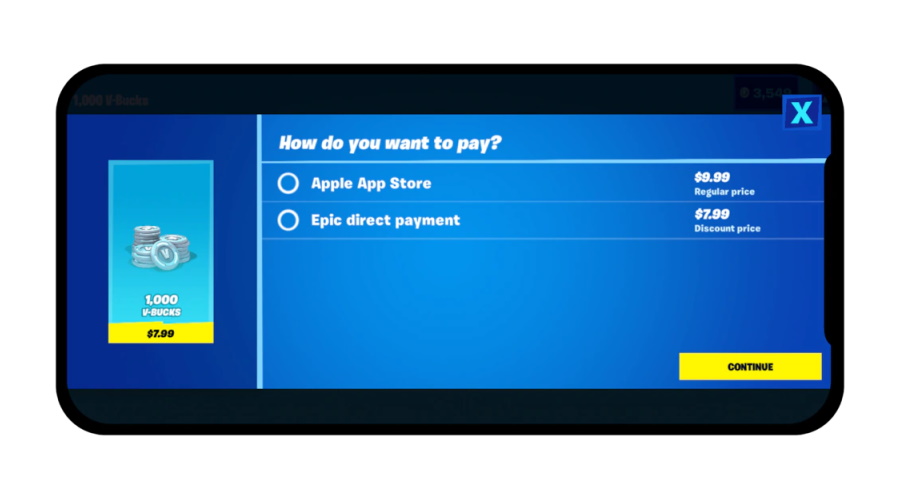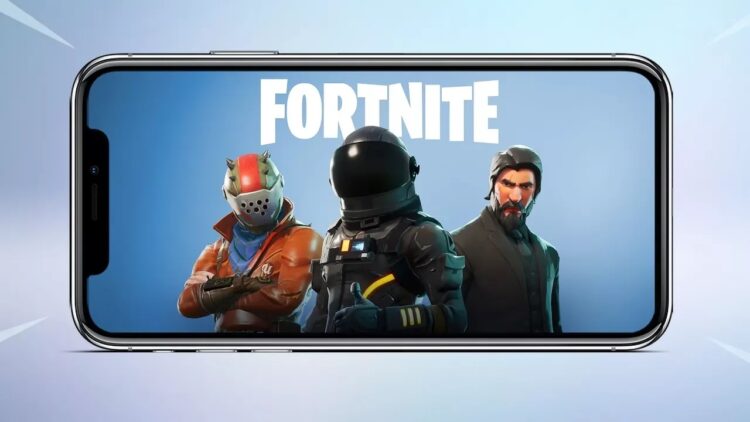It’s been over a year since Epic Games made its move that culminated in its lawsuit against Apple. And now, it looks like there’s a conclusion to the case, barring any inevitable appeals to the decision. US District Court Judge Yvonne Gonzalez Rogers has ruled an overall win for Apple, but with one exception that can be considered a small win for Epic Games.
For the most part, most of the claims that Epic Games has made in its initial lawsuit has been thrown out. The one important exception is that, as part of the ruling, Apple must now allow app makers to direct users to other payment options outside of the App Store’s systems.
This is in contrast to the company’s usual practice of not allowing apps to point to payment methods elsewhere outside of the app, also termed anti-steering. It’s similar to a new law South Korea has passed last week against Apple and Google. Though these laws don’t still prevent the platform holders from taking their cut from sales, or do they dictate what the rates will be if the payment was done elsewhere.

But beyond Apple’s anti-steering policy which was deemed anti-competitive, everything else has gone in the iPhone maker’s favour. Overall, the judge has determined that Apple does not have a monopoly. It is also not legally compelled to allow Fortnite back onto the App Store. According to The Verge, Epic has made that request for Fortnite to be allowed back to the App Store, but was denied.
The judge has also ruled that Apple is legally right to boot Fortnite off the App Store, since Epic Games breached its contract. In addition to that, Epic Games will also still have to pay to Apple 30% of whatever the former earned via iOS Fortnite players. Since that amount was around the ballpark of US$12.2 million (~RM50 million), it means Epic Games still has to pay Apple US$3.6 million (~RM15 million).

All in all, it’s probably safe to say that Epic Games has lost its big legal bet from last year. And while things have mostly gone in favour of Apple, it’s not leaving the battle unscathed either. It remains to be seen what sort of implication Apple’s inability to prevent direction to outside payment options will have.
(Source: USD District Court [PDF] via Hoeg Law / YouTube, The Verge)


